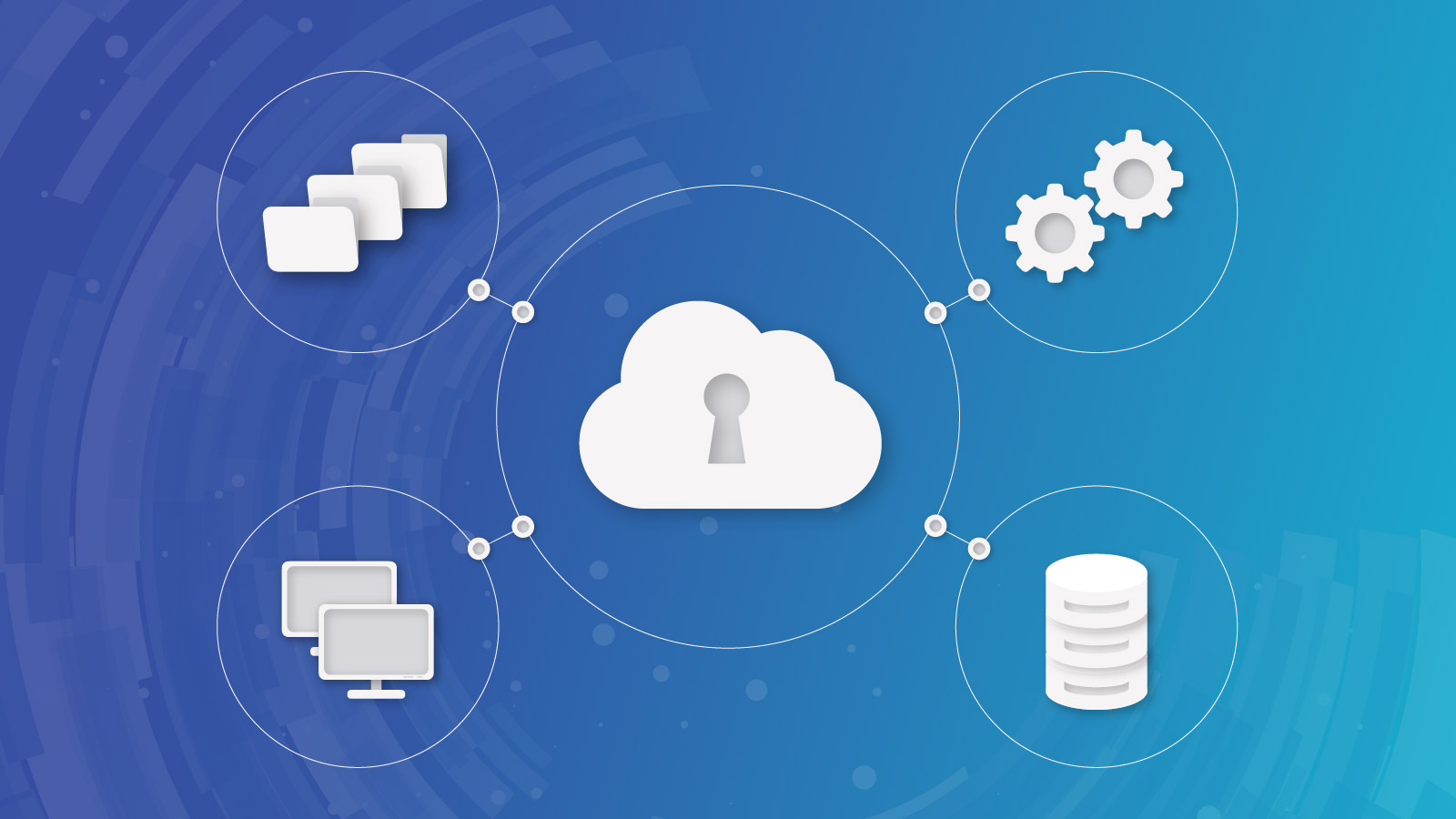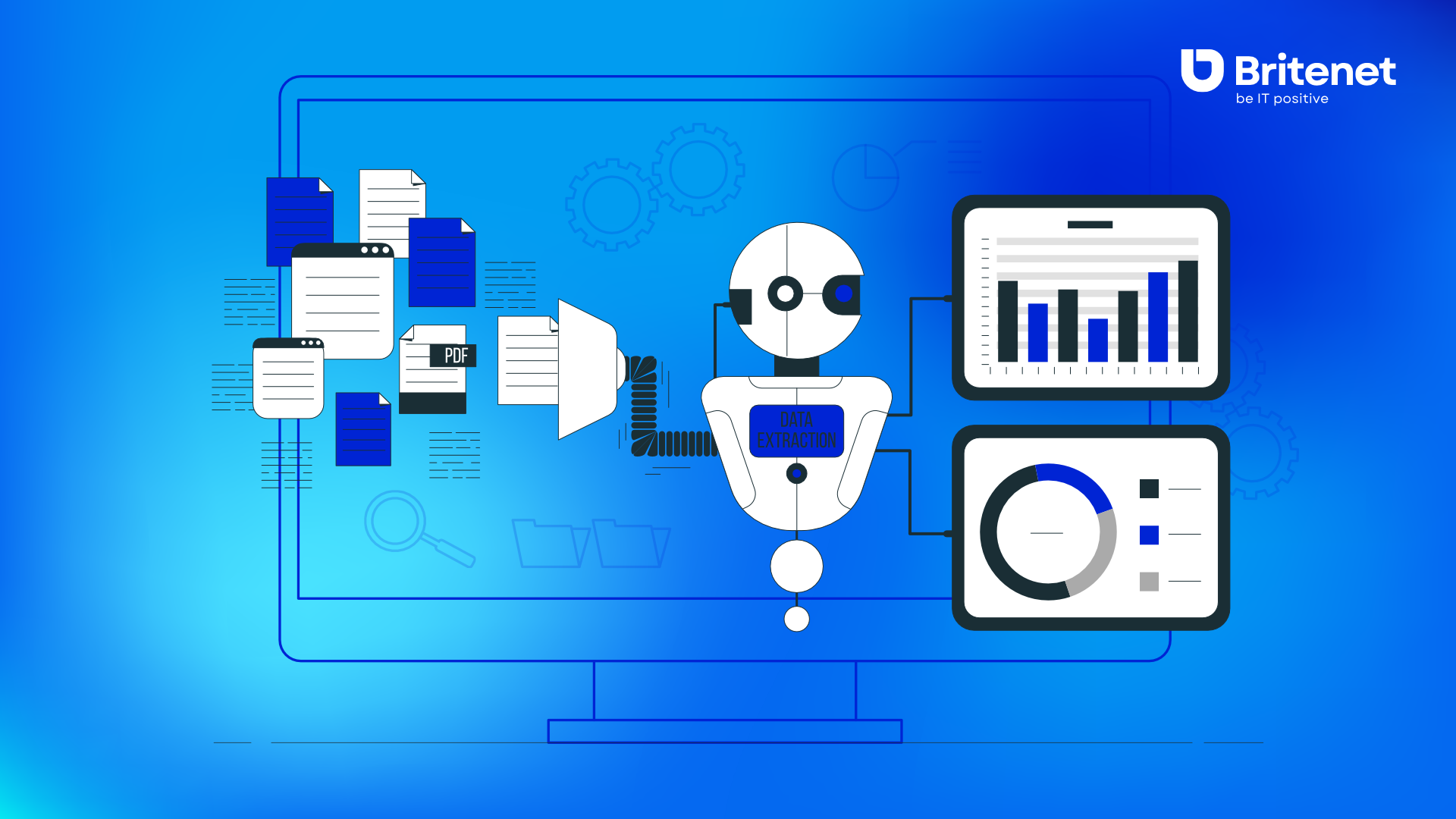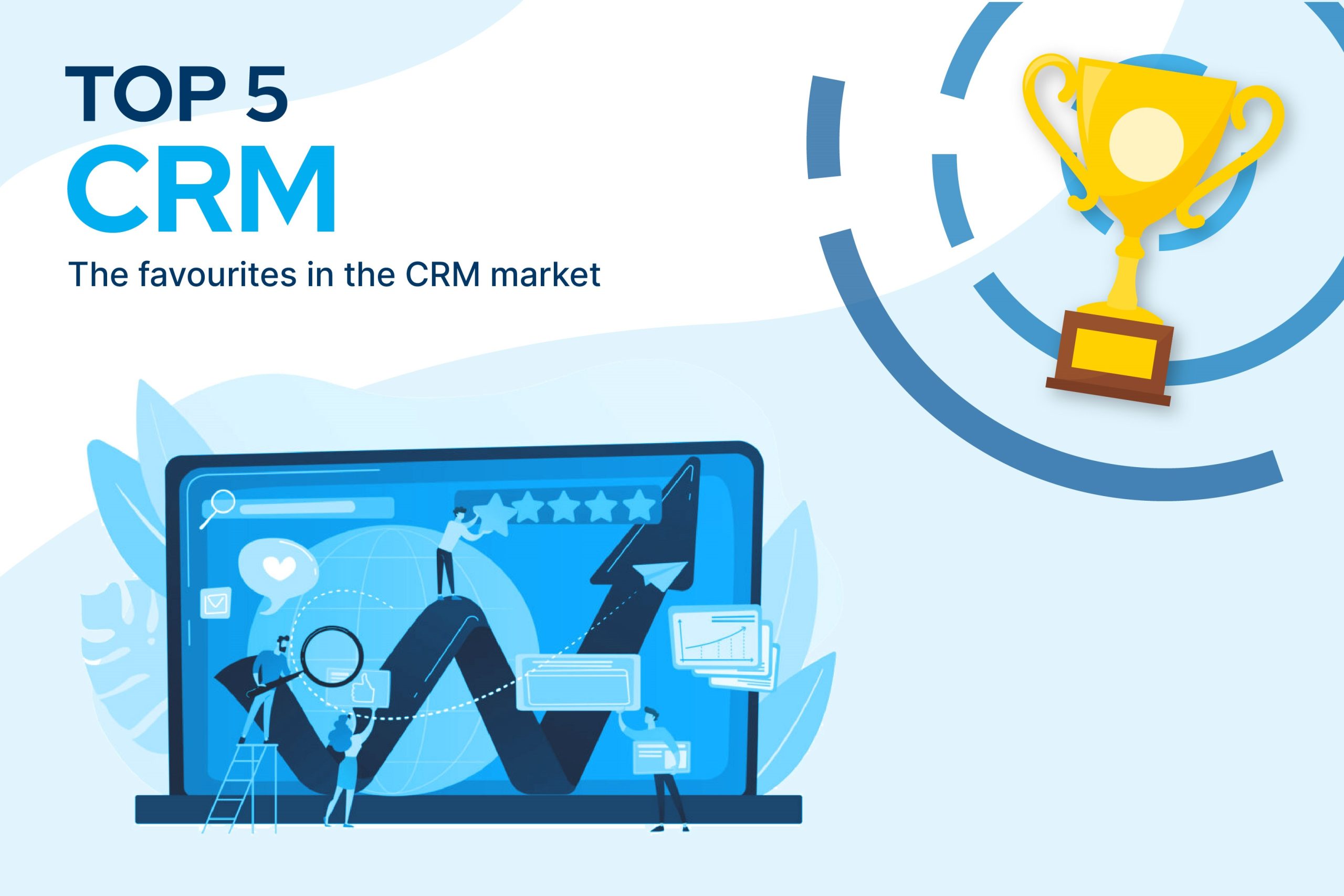Cloud computing is a service that stores, processes and manages data, and can be accessed from anywhere in the world - all you need is a mobile device and Internet access. It is known by many different terms, as Internet cloud, IT cloud, computer cloud or as cloud computing. We can distinguish several types of cloud computing: private, hybrid, multi-cloud or the most popular one - public. What is public cloud computing and what benefits does it bring to users? Is it worth using it and what are its weaknesses worth keeping in mind?
Public cloud computing - what is it?
We can divide cloud computing into several different types - the most popular is the public cloud. Its great popularity is mainly due to the fact that it is a publicly available solution offered by an external and trusted provider, such as Google Cloud Platform, Amazon Web Services or Microsoft Azure.
Public cloud assumptions
The basic feature of public cloud computing is open and easy access for all potential users. If you want to use it, all you need is a computer or any mobile device with Internet access. Among the most popular services found in public cloud computing are streaming services such as Netflix and Google Drive.
Public or private cloud computing - what's the difference?
Public and private cloud computing differ primarily in terms of accessibility. A public cloud can be used by any owner of a mobile device with Internet access. In contrast, in the case of a private cloud, its users will only be representatives of a particular company or organization. If we want to use the private cloud version, we must first implement a suitable solution in our company - it will be necessary to purchase and install the appropriate base software. Here comes the second important difference - using a private cloud involves additional costs.
How does public cloud computing work?
Public cloud computing works on a similar principle to other types of clouds. The provider makes its resources and services available to the user, such as computing power, application, disk space, artificial intelligence or databases. On the other hand, the specific user or the company as a whole decides how much they will pay for the service - data consumption depends on them. Importantly, the resources used can be increased or decreased at any time as needed.
Advantages and disadvantages of the public cloud - opportunities and limitations
A public cloud solution, like other types of clouds, has both advantages and disadvantages, which are worth considering when deciding whether to use a solution - especially if you are a company, using such a cloud in its daily work.
Advantages of public cloud computing
- Easy access ibility - public cloud computing is freely available to all interested users, anywhere, anytime (provided you have Internet access).
- Low cost - using a public cloud generates a lower cost than a private cloud, which requires maintaining your own IT infrastructure.
- Controlled cost of consumption - the fee for using the public cloud is dependent on consumption.
- Ability to quickly restore data - in the event of a hardware failure, data in the cloud can be quickly restored.
- Scalability and flexibility - cloud computing allows us to select the amount of resources tailored to our needs, while adapting to situations where computing power consumption increases unexpectedly.
- Possibility of synchronized teamwork - when editing text documents, for example, each employee will see the changes made by colleagues in real time.
- Versatility - of all cloud types, the public cloud offers the most versatile capabilities.
- The possibility of hosting a website in the cloud - this solution guarantees users the full efficiency of the websites they run and increases their resistance to technical interruptions caused, for example, by hardware failure or maintenance work.
Disadvantages of public cloud computing
- Unlimited third-party access - it only takes a little carelessness for outsiders to gain access to your data.
- Risk of losing access to data - cloud computing allows us to recover lost data, but there is a risk that due to failure or error we may lose it irreversibly.
- The need to constantly control and monitor costs - without this, we may be paying for computing power that we are not really using.
Are public clouds secure?
Yes, public cloud computing is secure. Users' data is effectively protected, plus the security level is being improved all the time, so we don't have to worry about our data. However, it should be reckoned with the fact that there is always a risk of cyber attack on cloud services and data. Nevertheless, it should be remembered that if the provider uses appropriate security methods, the probability of hacking is significantly reduced.
Summary
Public cloud computing has numerous advantages that can make it an attractive solution for organizations in some cases. It is a low-cost and convenient option, but it carries the risk of suffering the consequences of a cyber-attack carried out against the service provider. Choosing the right type of cloud computing depends on many factors and the purposes for which you want to use it. Therefore, before making a decision, it is necessary to take the right approach, analyze the situation, and preferably consult with specialists. This is because it may turn out that a private cloud will be necessary for our needs. In this case, on the other hand, it is important to remember to choose the right partner that will not only provide the right technology and service, but also offer support from experienced specialists, training for employees, and ensure a high level of security.



